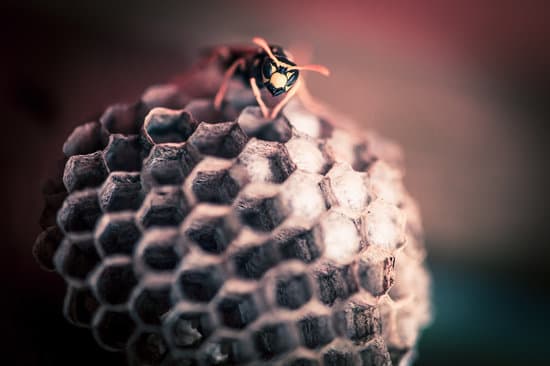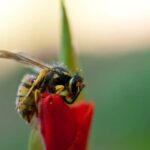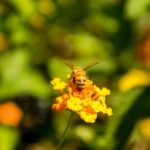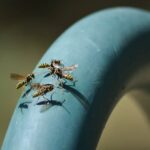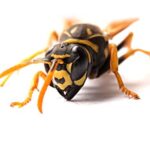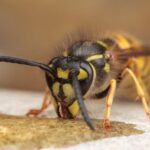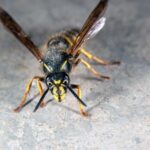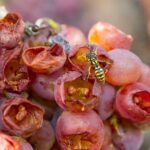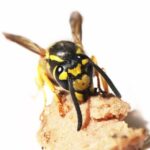How Do Wasps Help the Environment?
Whether you love them or hate them, wasps have a huge ecological role to play in our world. They are a vital contributor to ecosystem balance, contributing valuable ecological services as well as reducing pest populations. Several species of wasps are valuable pollinators and predators.
Wasps are important biological control agents, killing pests and limiting populations of crop-eating insects. They also help to prevent diseases, providing an essential ecological resilience.
As the top predators on the invertebrate food chain, wasps play a vital role in the regulation of insect populations. In the UK, social wasps account for 14 million kilograms of insect prey per year. They also help regulate the population of carnivorous and phytophagous arthropods.
Some wasps also act as parasites, laying eggs on insects to help control their populations. Other wasp species serve as backup pollinators, limiting populations of beetles and other pests.
The parasitic wasps are less well-known than common wasps. They are being studied more and more by companies. Many are sold commercially for use on farms.
Some wasps, such as the Common Wasp and the Jewel Wasp, are important pollinators. These wasps lay eggs on insects such as cockroaches. The larvae then feed on a special diet to give the larvae the nutrients they need to grow.
Another wasp species, the Common Wasp, feeds on aphids. They also produce a substance called honeydew that attracts ants. In addition, the nest of the Common Wasp may provide a home for hoverfly species.
